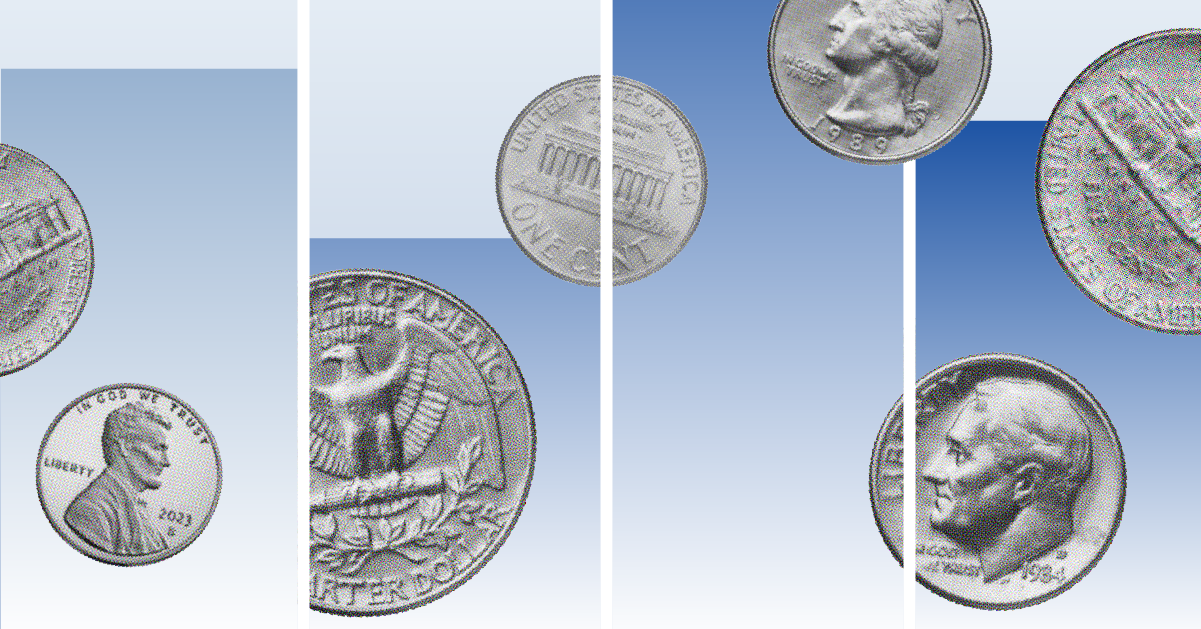The analysts assess securities in a global context. They look at the world primarily by industry and then by region to identify macroeconomic themes they believe will become influential in the world. Their task is to then hunt for opportunities that are well placed to benefit from those themes. The themes are m
eant to be long-term, so they may occasionally be out of step with short-term market moves. Fundamental research is also a key component of Newton’s process. When stocks, for example, are sorted by theme, those showing the most compelling fundamental characteristics qualify for the analysts’ recommended list. This helps managers to focus their efforts when constructing portfolios. The analyst team maintains a short list of recommended stocks, funds and fixed income securities.
The next stage is Clay’s opportunity to really add value. The multi-asset team creates a model portfolio from the short list and each manager then picks securities based on conviction, style and mandate constraints. For this fund Clay has opted to avoid fixed-income investments in the last few years as he was finding bond yields unattractive and the intensifying inflationary pressures earlier in 2008 detracted him further. However, he is compelled to dedicate at least half of the assets to sterling-based investments and he constructs his portfolio with this in mind.
The portfolio also mirrors the manager’s disciplined approach to risk management. Clay invests in a relatively large number of holdings when playing a theme, to limit stock specific risk, and keeps the portfolio well diversified across sectors. A dedicated risk team also monitors the fund’s tracking error, stock specific risk and ensures at least 80% commonality with the firm’s view of the world. This is reflected in the fund’s standard deviation (a statistical measure of risk). The fund’s volatility over the long run has been significantly lower relative to its peers in the Morningstar Global Large-Cap Blend Equity category.
On taking charge, Clay was under pressure to maintain this fund’s exceptional track record, most recently achieved under Stuart Eaton. At that time, the fund was a top performer over the short and long term. Despite the pressure, Clay has thus far kept churning out the numbers. In the time he’s been running the fund, Clay has delivered an annualised return of 4.4%, beating his average category rival by an average 2.7 percentage points per year.
All told, there is much to like about this fund and its competitive price tag seals the deal.

























